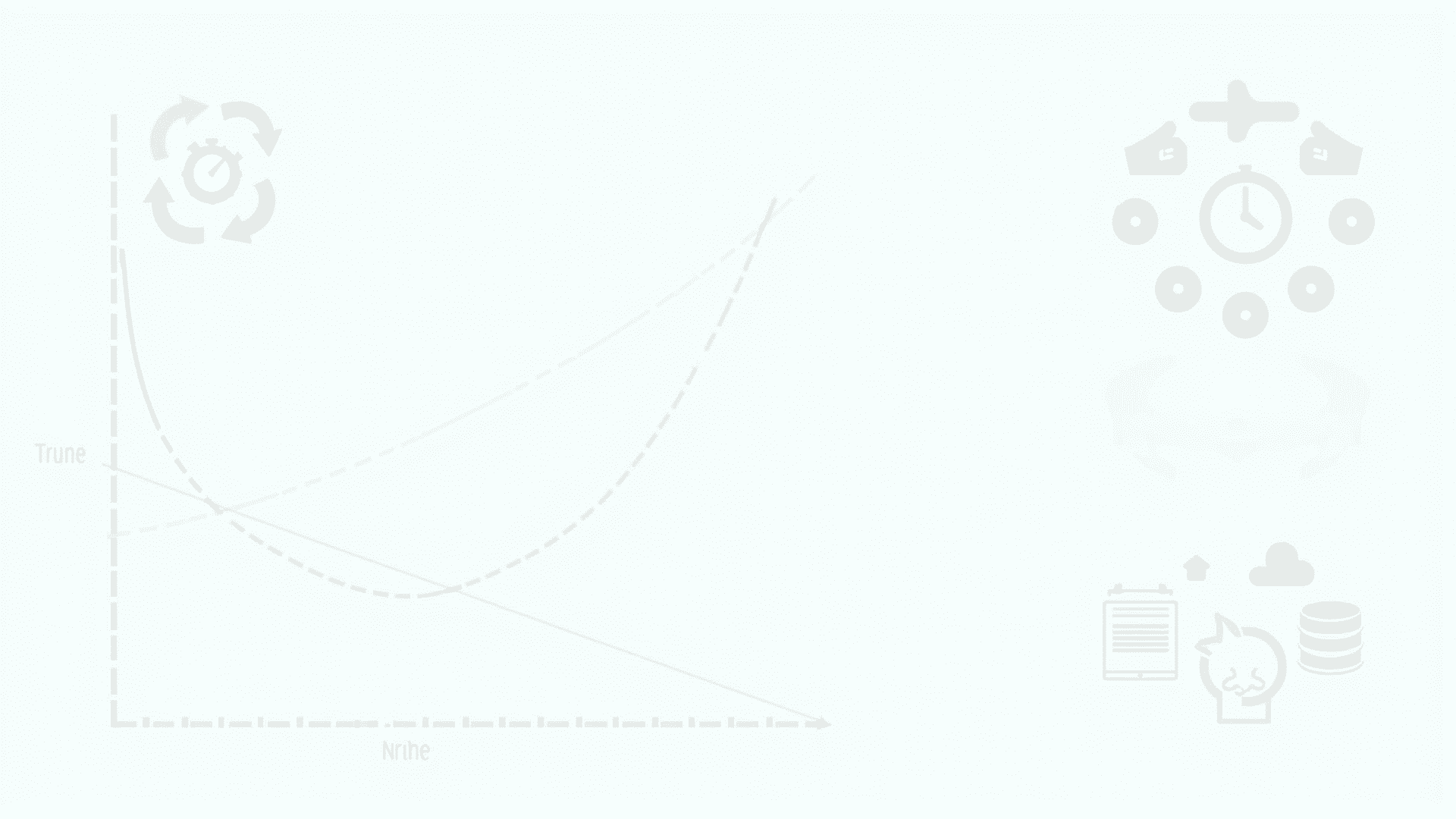In our daily routines, whether we realize it or not, economic principles play a significant role in shaping the decisions we make and the actions we take. From budgeting and saving to choosing where to shop, understanding these principles can greatly enhance our decision-making process. Let's explore how basic economic concepts integrate into everyday life, helping us comprehend larger market trends and cycles.
At the core of many daily choices is the principle of supply and demand. When deciding between two similar products or services, we often weigh their availability and cost. For example, during holiday seasons, the increased demand for certain items typically leads to adjustments in prices. Understanding these fluctuations enables us to plan better, ensuring we make cost-effective choices.
Another crucial concept is opportunity cost, which is the value of the next best alternative forgone as the result of making a decision. Consider the scenario of choosing to spend the weekend working on a personal project or relaxing with friends. The opportunity cost of choosing leisure is the progress and skills one might have gained from the project. Recognizing this helps in prioritizing activities and allocating time efficiently.
Scarcity, a fundamental economic issue, also frequently influences daily life. Resources, whether it's time, money, or materials, are limited, and this scarcity forces us to make informed choices about their allocation. This could mean choosing between saving for future needs or spending on immediate desires, highlighting the need for strategic planning.
Budgeting is another application of economic principles. By creating a budget, individuals can manage their resources effectively, ensuring that their expenditures align with their priorities and goals. This discipline is essential not only for personal success but also for understanding larger economic patterns, such as inflation and recession, which affect household spending power.
Price elasticity, which measures how the demand for a product changes in response to a change in its price, is another key principle. For example, if the cost of coffee increases significantly, those who consider it a necessity may still purchase it, but others might switch to alternatives like tea. This behavior impacts how businesses adjust their pricing strategies and offers insights into consumer behavior trends.
Lastly, the concept of externalities, where one's actions impose effects on others, is vital in day-to-day contexts. For example, choosing to bicycle to work reduces traffic congestion and pollution, positively impacting the community. Being aware of these externalities can guide not only personal choices but also broader societal norms and policies.
In conclusion, economic principles are deeply embedded in our day-to-day lives. By cultivating an understanding of these concepts, we enhance our own decision-making abilities and gain insight into broader economic patterns and cycles. This comprehension is crucial, as it equips us to navigate the complexities of both personal finance and the wider economy effectively.
